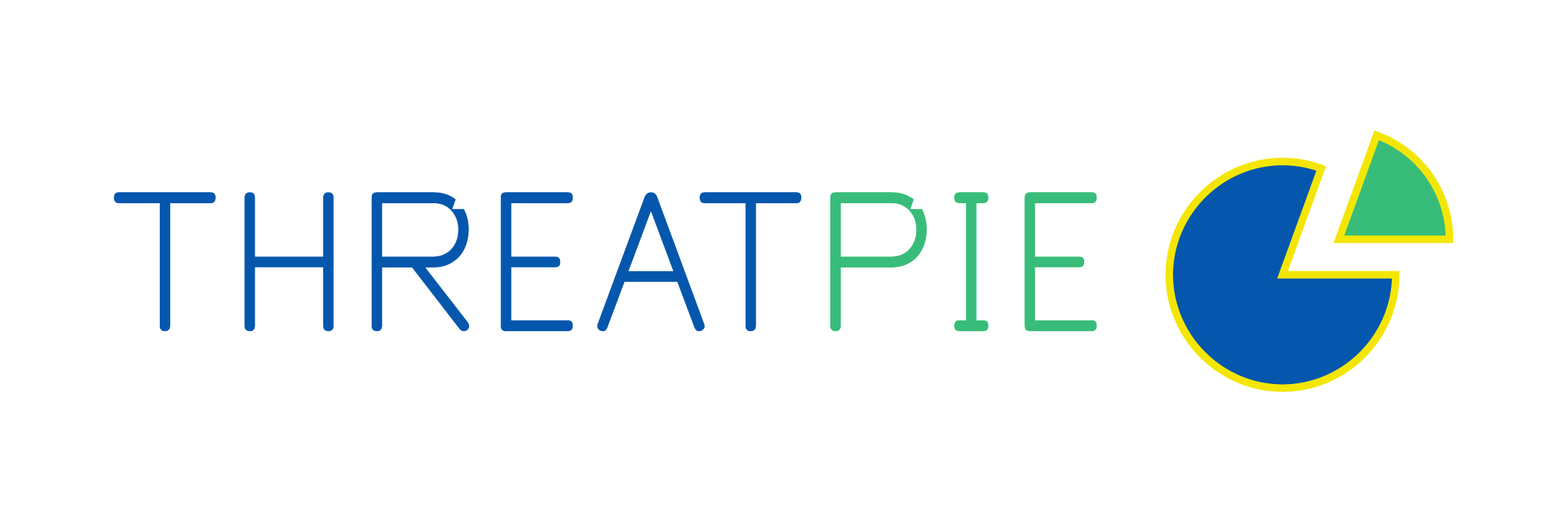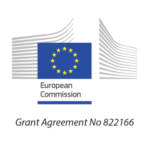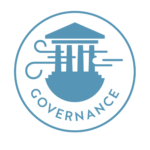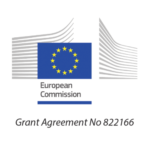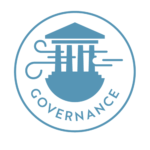Summary
This project examines how the current changes in the political information environments in European democracies affect the conditions for a healthy democracy. This is done through a series of comparative, innovatively designed studies, including web tracking, comparative surveys, focus groups and survey embedded experiments in 14 European countries and the US.
